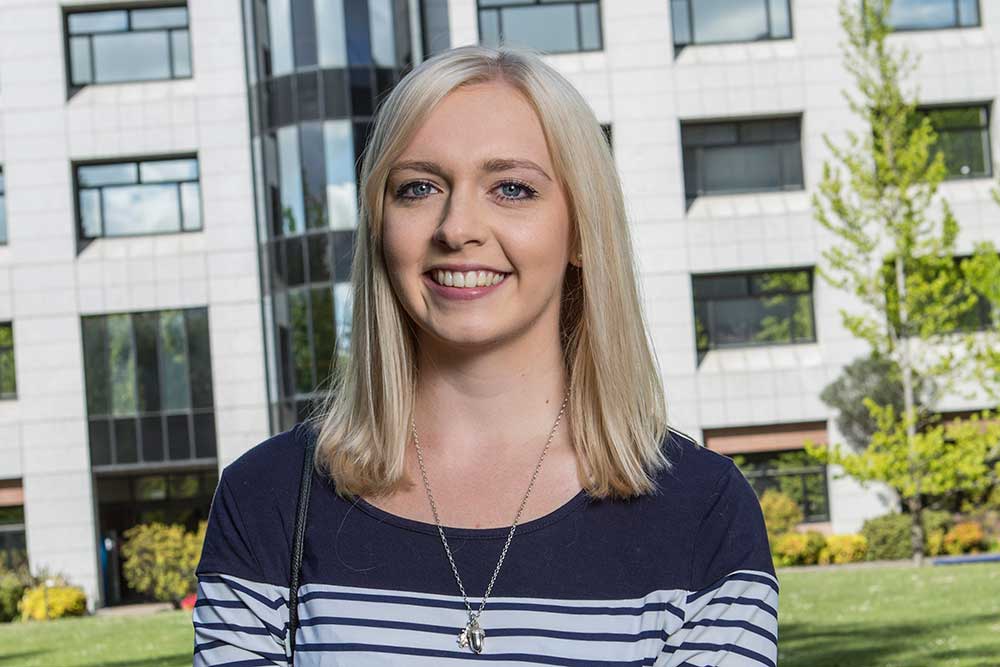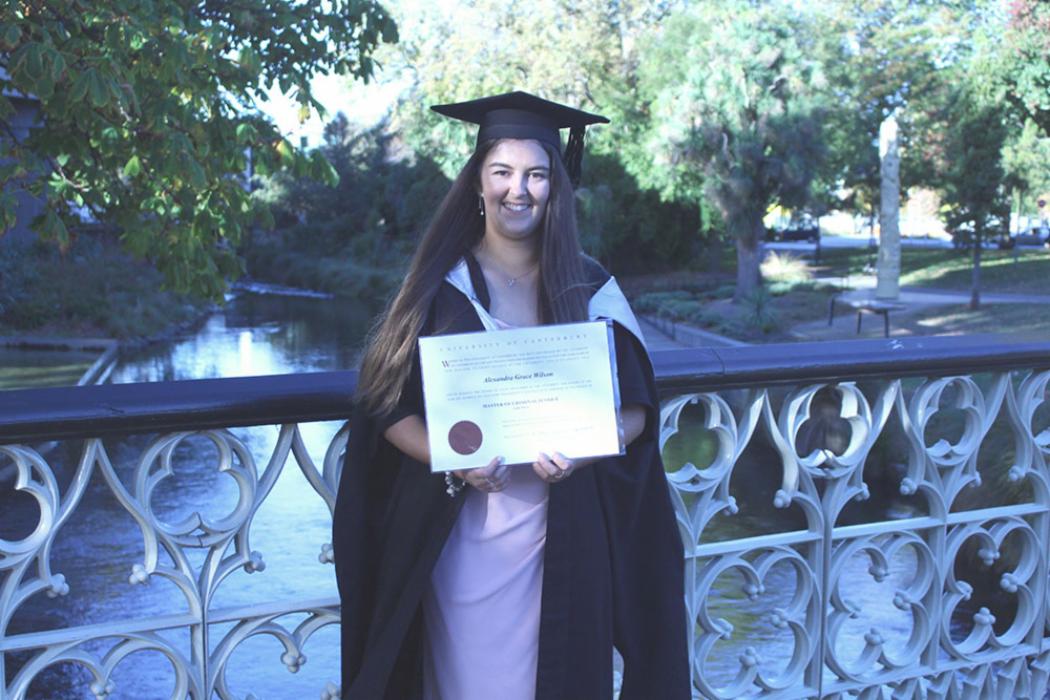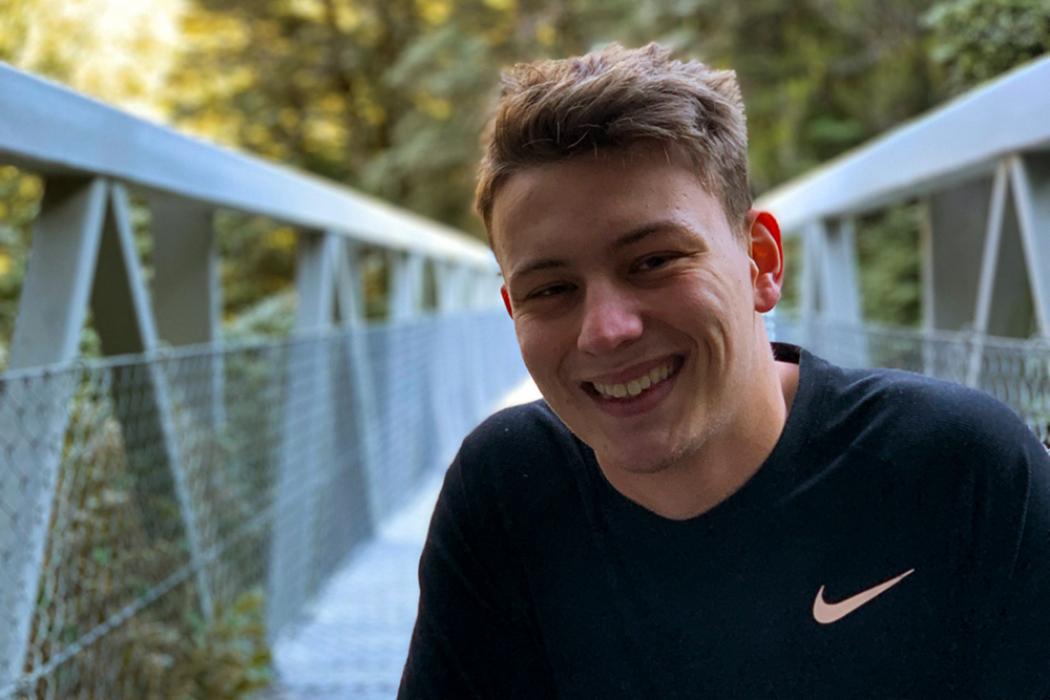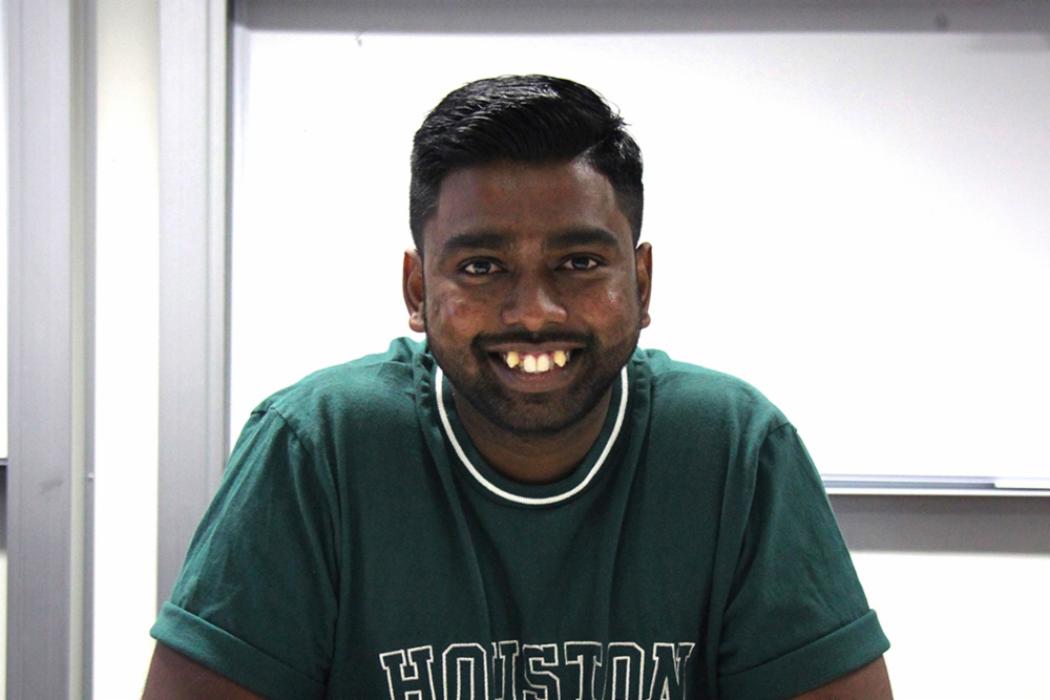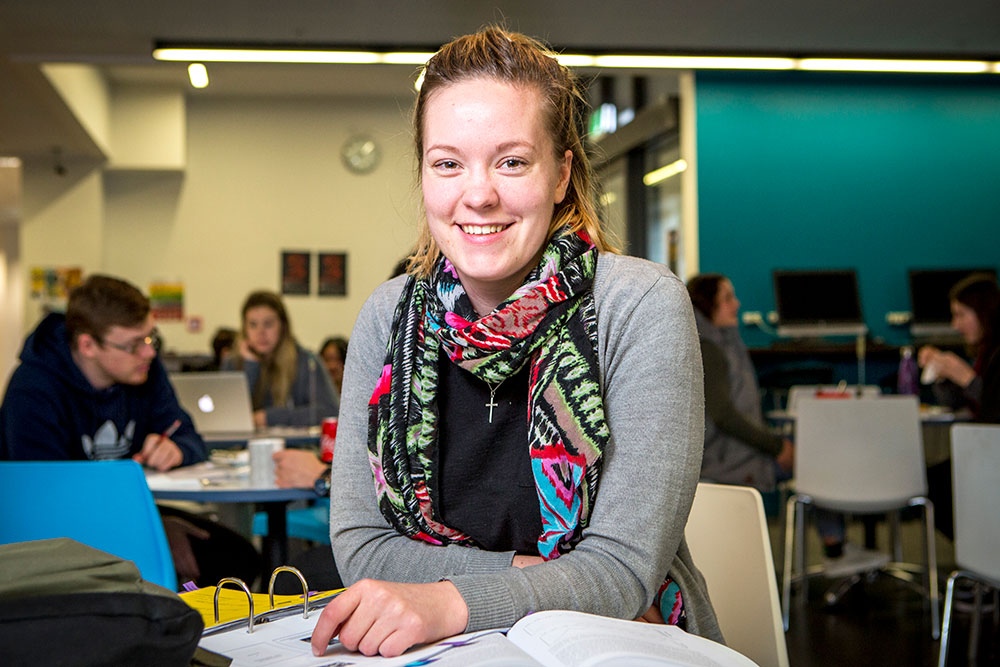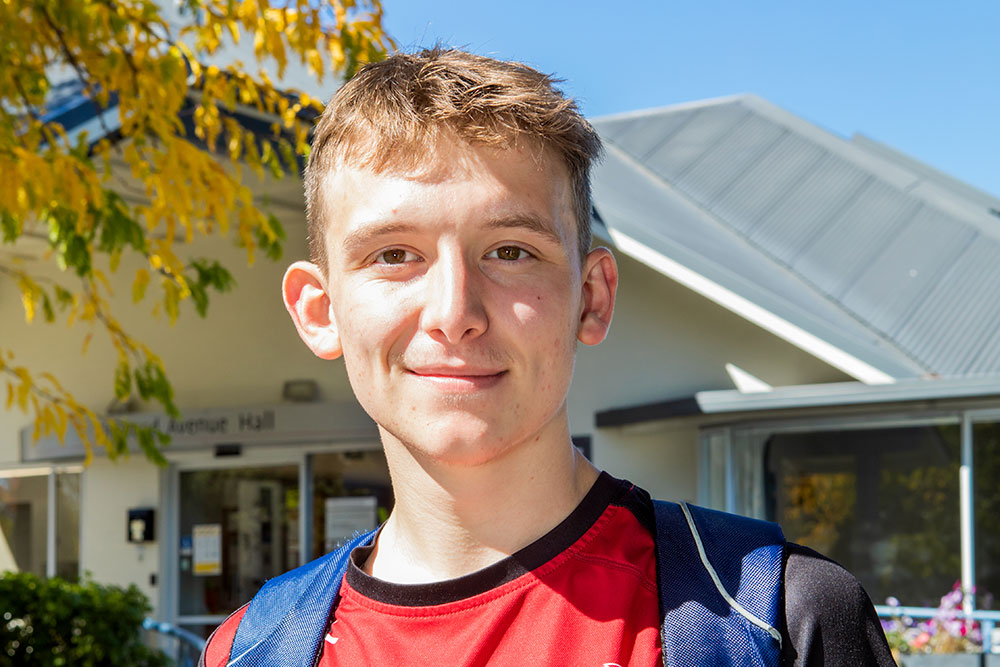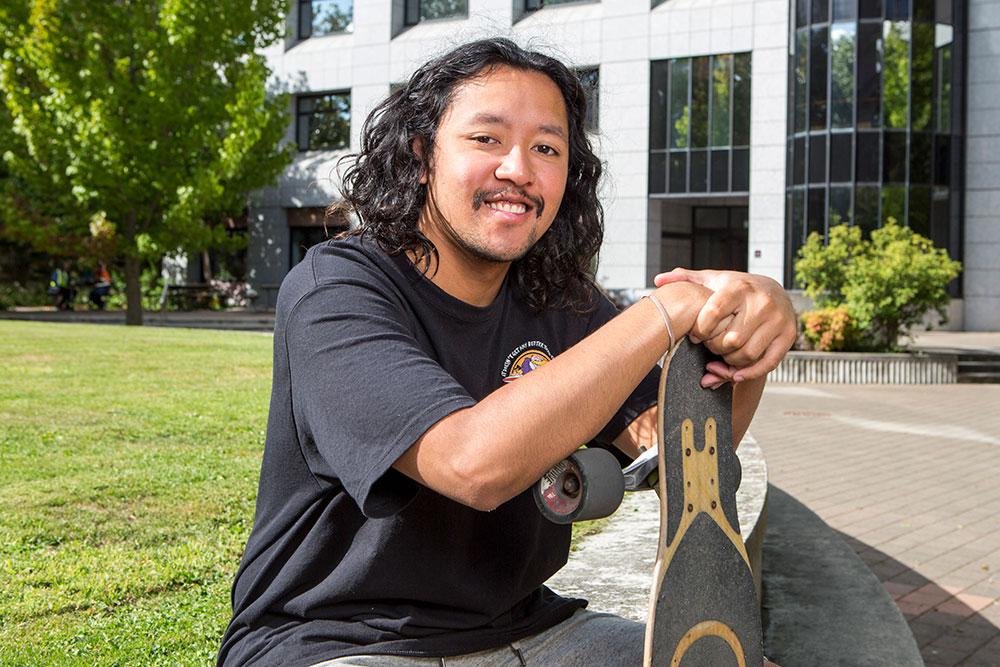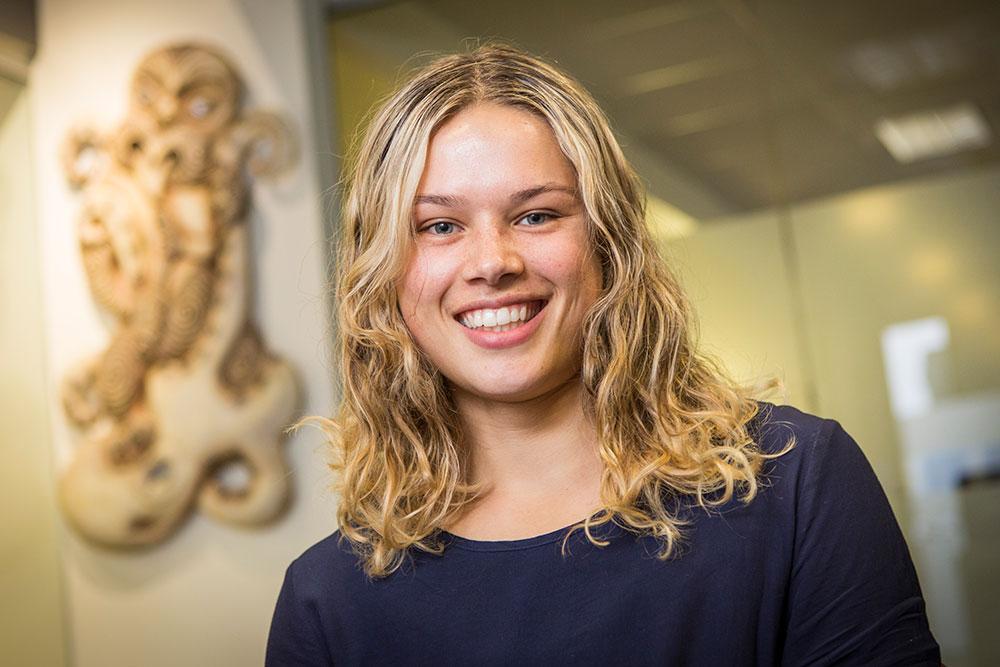Bachelor of Criminal Justice
Bachelor of Arts with Honours in Sociology
Master of Criminal Justice
Studying towards a PhD in Sociology
How did you get into Criminal Justice?
As a high school student, I was not intending on going to university until I heard about the BCJ. I was intrigued by the diversity of papers within the degree and wanted to pursue my interest in forensics and criminology.
When I graduated with my BCJ I knew there was so much more for me to learn at UC. I have now found my passion in youth justice and will be following this path with my PhD. Ultimately, I want to make a positive change in the justice sector.
What kinds of opportunities are there with Criminal Justice studies?
I enjoyed being at the centre of criminal justice academia in New Zealand through UC, with world-class facilities, resources, and teaching staff. I had the privilege of learning from renowned lecturers such as emeritus Professor Greg Newbold and Dr Jarrod Gilbert who have unique first-hand experience.
If the opportunity arises, I would recommend visiting a justice facility as it is an eye-opening experience. These visits can answer a lot of questions you may have about the justice system and raise even more. I’ve been to Rolleston Men’s Prison, Te Puna Wai ō Tuhinapo, and did two visits to Christchurch Women’s Prison.
At the end of my second year at university, I became a mentor with Ka Pou Whakahou | Pillars. I am now entering my fourth year of mentoring and it has been one of the most rewarding experiences I have ever had.
And from honours study you also gained a Research Assistant role within the College of Arts – what does that kind of work involve?
As a research assistant, my tasks are varied, and no day is ever the same. I get to work on real projects and have been exposed to research ethics, a variety of research methodologies, and the inherent challenges of being a researcher. I undertake several tasks which include but are not limited to researching and writing literature reviews, transcribing, coding data, and writing applications.
You were also among the first graduates of the Master of Criminal Justice! Why would you recommend the programme to other students?
The MCJ is a diverse degree in which you are challenged to cast a critical lens over all matters of criminal justice which includes developing your own evidenced opinions, reviewing policy, and considering avenues for reform. I have made many close friends in the MCJ degree that I will have for life.
What were some of your best gains from the MCJ?
Within the MCJ I have developed reflexivity, explored different qualitative and quantitative research methodologies, made contacts with experts in the justice sector, and had experience working in a group situation on an internal internship project. I also developed an understanding of how policy is developed and how incrementally changes are enforced in the justice sector.
Most importantly, I have found the area of criminal justice that I am most passionate about and want to be employed in. My Master’s dissertation looked at the high rates of attrition in youth addiction treatment programmes.
So how would you recommend other students choose which area of the justice system to specialise in?
For students undertaking the BCJ, I would advise them to choose their electives carefully so that they can explore different avenues of criminal justice and then narrow down into their area of interest. You want to graduate the BCJ with a specific skillset that is orientated towards where you want to be employed.
I would also encourage BCJ students to think about where they want to end up in criminal justice right from first year as your degree will fly by. Also, any volunteer work or part-time employment that you can undertake during your studies will help you greatly when it comes time to transition into the workforce.
For MCJ students, I would encourage you to choose a topic for your dissertation that you are passionate about as this will make conducting research that much more rewarding; and to conduct primary research if possible as your dissertation is the opportunity to develop your researcher skillset. Also, to take any opportunity that arises throughout the MCJ, whether that be tutoring, an internship, or part-time employment with both hands.


